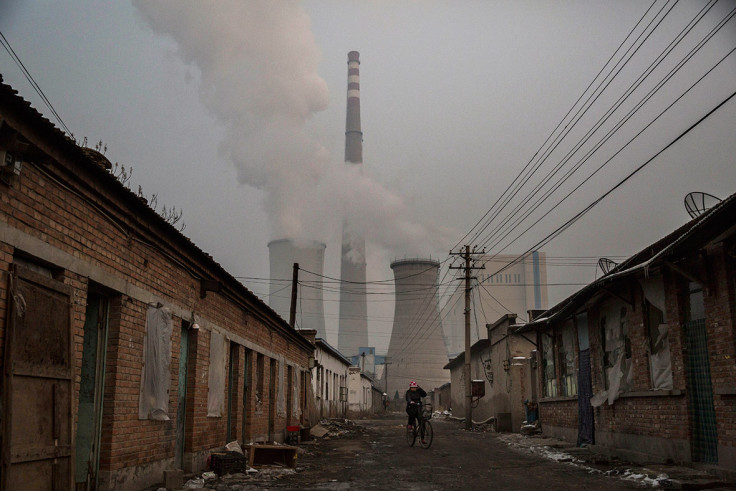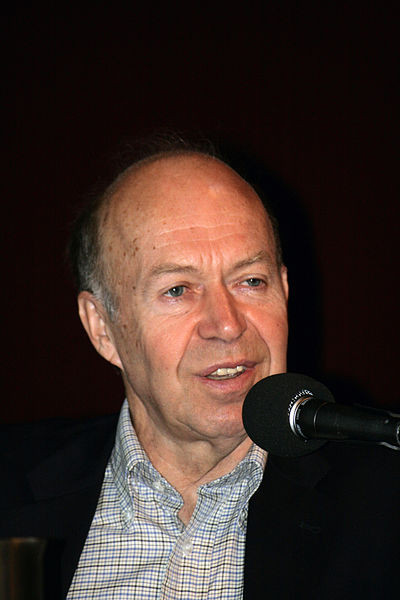James Hansen & COP21: Emissions trading won't work, but my global 'carbon fee' will

Michael Hopkin, The Conversation
Former NASA climate scientist James Hansen has called for a global "carbon fee" in which fossil fuels are taxed when they are produced or imported, rather than when they are consumed.
Under his proposal, countries would collect a fee when fossil fuels are mined or imported, and distribute the revenue to their citizens, while charging extra border duties to countries without a similar scheme.
Attending a United Nations climate summit for the first time, Hansen – widely credited as the first scientist to raise mainstream political concerns about climate change – says he has little faith in the climate targets and emissions trading schemes currently on the table in Paris.
What would be ideal outcome here in Paris given the scope of what countries can potentially promise?
The ideal outcome would have been if [US President Barack] Obama and the Chinese president [Xi Jinping] said we need a carbon price. But as long as they are letting local ground rules [be set up in other countries] then we're screwed. They are screwing our children.
You've talked about the idea of having a fee that applies to markets worldwide, but that raises the question of how it's going to get off the ground to begin with.
All it requires is two players: United States, China, European Union – two out of the three. They would say we're going to have a fee and we're going to put border duties on products from countries that don't have it. The other party would join immediately, and so would most countries, because they would rather collect the money themselves.

You suggest that the money collected would be paid to citizens of the country that collects it – how crucial is that to your idea?
It would be up to each country. But if you want the fee to continue to go up, if you want public endorsement, you want public buy-in, you'd better give it to them. Now I can imagine in some countries where there's not a democracy you would worry that some leaders are going to steal the money, but then that's a problem we have now in many countries are being ripped off by their leaders. It would be so transparent – you will know exactly how much money is collected, then where's it going? I think there's less chance [of this] if we just have some champion at a high enough level.
It sounds like you don't have much confidence in the idea of countries setting their own climate goals and ambitions.
Of course it's useful for that to happen – it's better than nothing. But it's not going to solve the problem, it's not even going to reduce global emissions. You'll reduce the demand for the fuel, to the extent that it's successful, but that just makes it cheaper for someone else to burn it. Fossil fuels are cheap – there are parts of the world you can pull oil off the ground for a couple of dollars a barrel.
So if the Paris talks are heading towards a deal based largely on each country's individual climate pledges, is that letting the world down?
Yeah. That's their scheme for coming out of here and looking good to the public. And they'll be saying "we're making progress". To the extent that there are more things like Bill Gates throwing in a few billion dollars for research and development, these are positive things, so you don't want to say they've done nothing. But it's not going to solve the problem, that's for sure.
Michael Hopkin, Environment + Energy Editor, The Conversation
This article was originally published on The Conversation. Read the original article.
© Copyright IBTimes 2025. All rights reserved.





















